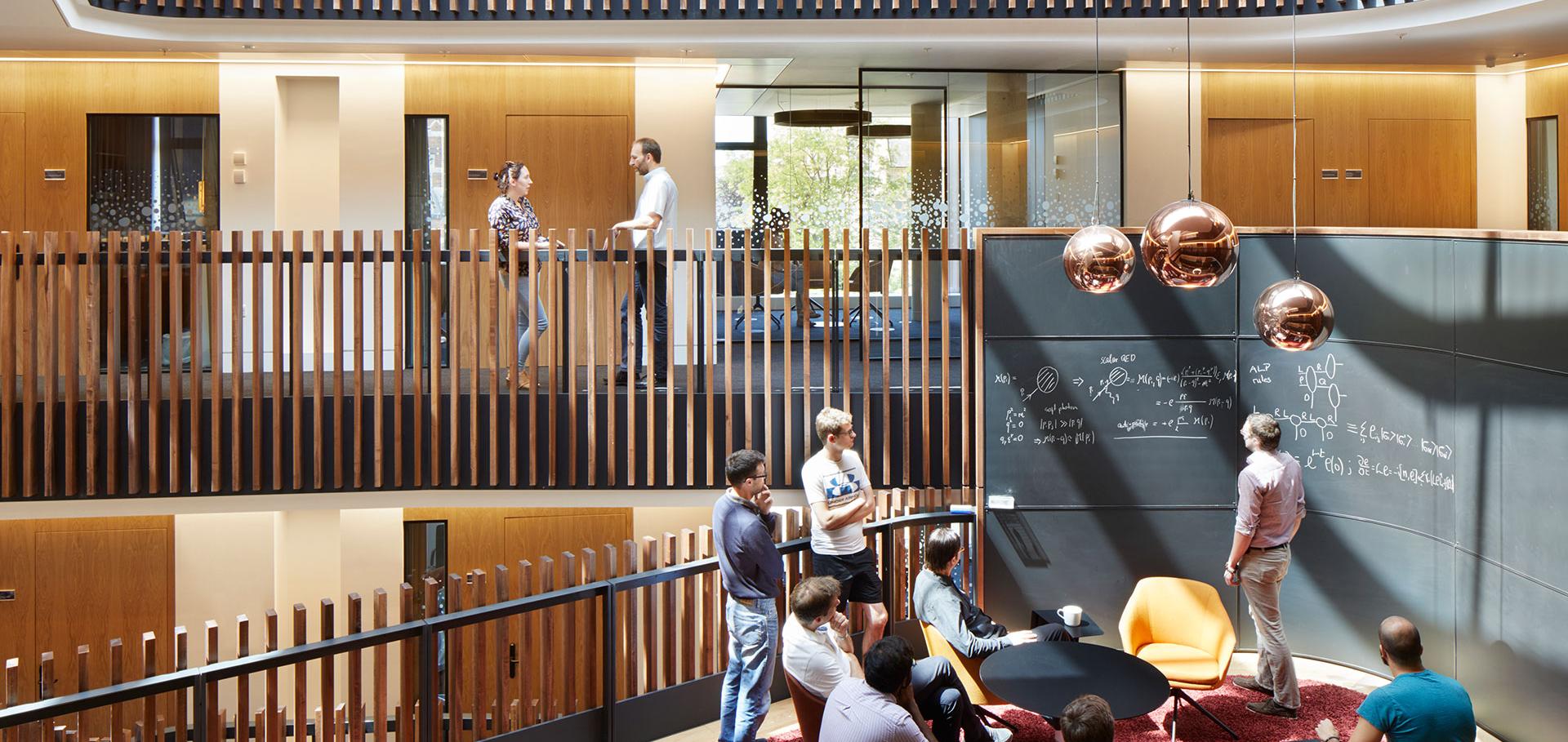Evolution of massive and magnetized protoplanetary disks
Extrasolar Planets: Today and Tomorrow 321 (2004) 262-270
Evolution of self-gravitating magnetized disks. II. Interaction between magnetohydrodynamic turbulence and gravitational instabilities
ASTROPHYSICAL JOURNAL 616:1 (2004) 364-375
On the eccentricities of the extrasolar planets
EXTRASOLAR PLANETS: TODAY AND TOMORROW 321 (2004) 379-392
Is planetary migration inevitable?
ArXiv astro-ph/0309175 (2003)


